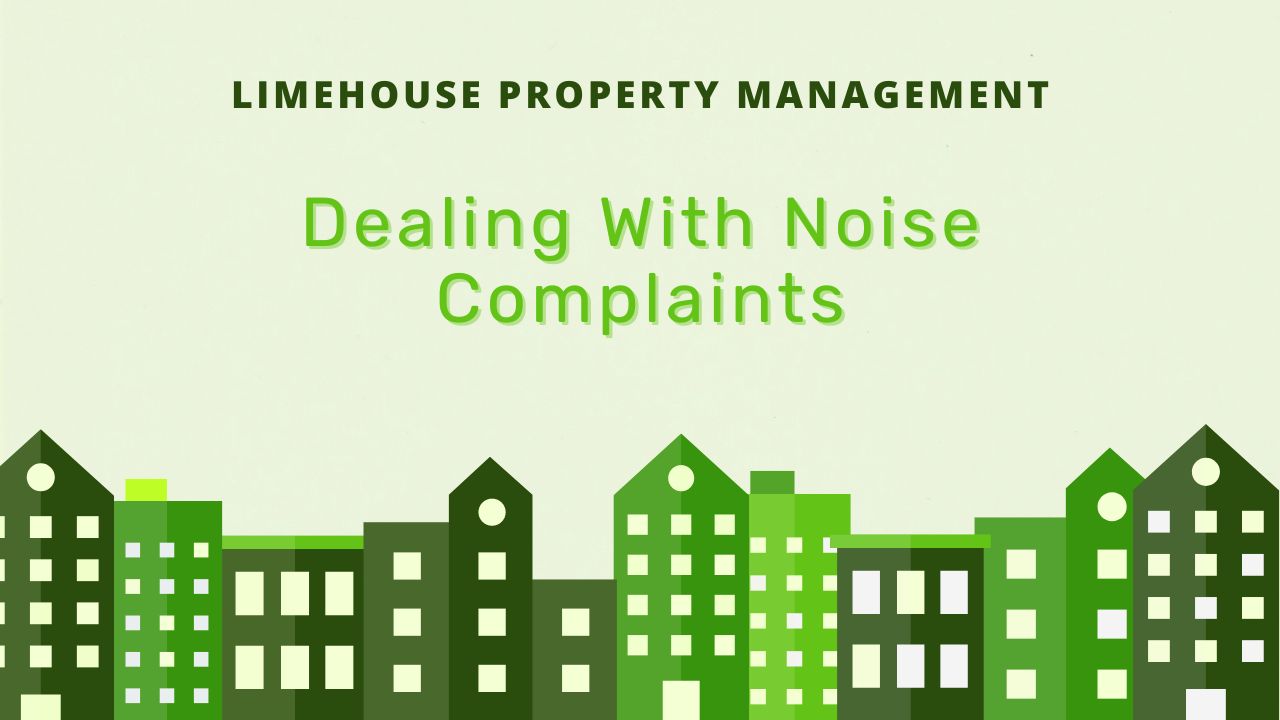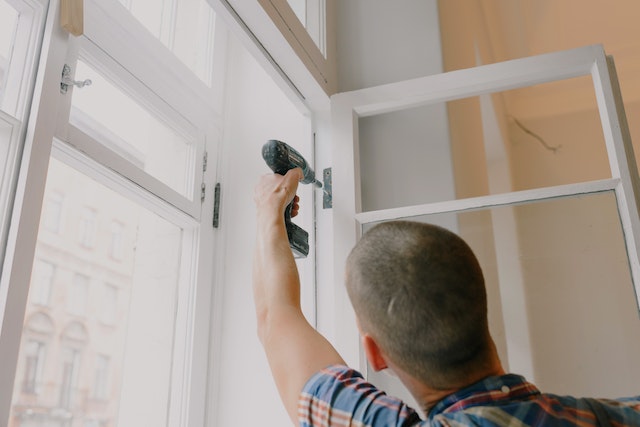Dealing With Noise Complaints

As a landlord, you must understand the significance of addressing tenant complaints swiftly and effectively to maintain a harmonious environment for your tenants.
This comprehensive guide delves into the art of dealing with noise complaints. From understanding the factors determining a complaint’s validity to implementing strategies for resolution, we’ll equip you with the knowledge and tools necessary to silence the noise and restore peace within your property.
What Qualifies as a Noise Complaint?
A noise complaint refers to any report or objection made by a resident regarding excessive or disruptive noise originating from within or around a property. It can include loud music, barking dogs, construction work, parties, or even everyday activities like footsteps and conversations.
Noise complaints can significantly impact the quality of life for residents and must be addressed promptly and appropriately. Familiarize yourself with Virginia landlord-tenant laws to learn which noises are considered disruptive and what course of action is permitted.
Factors to Consider When Dealing With Noise Complaints
Do Your Research: Is the Complaint Valid?
Before taking any action, it is crucial to conduct thorough research to determine the validity of the noise complaint. Factors such as the time of day, local regulations, and the nature of the noise should be carefully evaluated.
Some noises may be unavoidable or considered reasonable during certain hours, such as everyday living sounds during daytime hours. Understanding the context and verifying the legitimacy of the complaint ensures that appropriate actions are taken, balancing the needs and rights of the complainant and the noise source.

How Many People Are Complaining?
The number of people making a noise complaint is important to consider when addressing the issue. If multiple residents are filing complaints, it indicates that the noise problem is affecting many people and may require immediate attention.
A higher number of complainants suggests a more severe and widespread issue that needs to be resolved promptly to maintain tenant satisfaction and a peaceful living environment.
Have You Heard the Noise Yourself?
As a landlord, it’s crucial to personally witness and evaluate the noise in question. By experiencing the noise firsthand, you can assess its intensity, duration, and potential disruption to the residents.
This direct observation allows you to understand the impact of the noise better and make informed decisions on how to address it effectively.
How Often Have the Noise Complaints Been Filed?
The frequency of noise complaints provides insights into the recurring nature of the problem. If complaints are being filed repeatedly over a period of time, it indicates that the noise issue is not a one-time occurrence but a persistent problem that requires thorough investigation.
Frequent complaints may necessitate a more in-depth analysis to identify the root cause and implement long-lasting solutions to prevent future disruptions.
Has the Noise Been Documented?
If further action is required, keeping an official record of noise complaints is essential for accurate documentation and evidence. Maintaining detailed records of each complaint, including the dates, times, and specific details of the incidents, helps establish patterns and supports the credibility of the complaints.

Official documentation not only provides a comprehensive overview of the noise issue but also demonstrates the property owner’s commitment to addressing the concerns raised by the residents.
How to Respond to and Evaluate a Noise Complaint
Check with Other Neighbors and Tenants
When responding to a noise complaint, it’s crucial to gather information from other residents in the vicinity. Speaking with neighbors and tenants allows you to determine if they have also been affected by the noise issue.
Their testimonies can provide additional evidence, validate the complaint, and help establish a pattern of disturbance. Gathering multiple perspectives helps paint a comprehensive picture of the situation and aids in understanding the extent of the problem.
Look into the Cause of the Noise Complaints
Once the validity of the complaint is established, it’s important to investigate the root cause of the noise. Visit the unit or area from which the complaint originated and carefully listen for the source of the noise. It could be a malfunctioning appliance, a construction activity, or a neighbor’s disruptive behavior.
Identifying the cause allows for a targeted and effective approach to resolving the issue.
Ask the “Noisy” Party to Make Changes
If the investigation confirms that the noise complaint is valid, approach the party responsible for the noise respectfully and diplomatically. Communicate the situation, discussing the impact of their actions on other residents and the need for changes to be made.

Provide specific suggestions or solutions for noise reduction, such as adjusting volume levels, using headphones, or enforcing quiet hours. Encouraging the “noisy” party to be considerate and make adjustments can often lead to a resolution without further escalation.
Report the Noise Complaints to Your Local Authority
If the noise issue persists despite your efforts to resolve it, it may be necessary to report the situation to the appropriate local authority or regulatory agency. Contact your local noise control department or community enforcement agency to seek guidance and inform them about the ongoing problem.
They can advise on noise regulations, mediate between the parties involved, and, if necessary, take enforcement actions to ensure compliance with noise ordinances.
Eviction
While eviction should be considered a last resort, in extreme cases where all other measures have failed, it may be necessary to pursue this option. Before taking any steps towards eviction, consulting with legal professionals and ensuring compliance with Virginia laws and regulations is crucial.
Eviction processes vary depending on jurisdiction and lease agreements, and it’s important to follow the proper legal procedures to protect the rights of both tenants and landlords. Eviction should only be pursued after careful consideration of the situation and with proper legal guidance.

Conclusion
Noise complaints can pose significant challenges for landlords, affecting residents’ overall satisfaction and well-being. Property owners can create a peaceful living environment and maintain tenant satisfaction by taking a proactive approach to addressing noise complaints.
Limehouse Property Management understands the complexities of managing noise complaints and offers valuable assistance to property owners facing such challenges. We at Limehouse Property Management aim to create a harmonious living environment for all residents.
